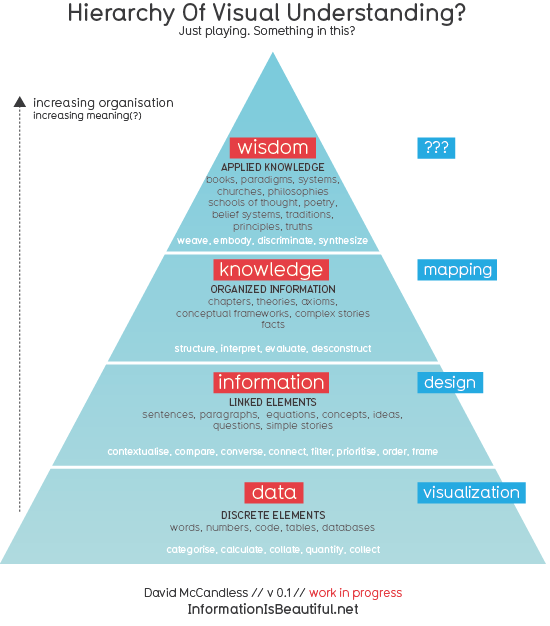
Ha mensen,
Ik "bezoek" volgende week dit webinar. Een idee?
Groeten,
Rudmer
Boundary Spanning Leadership
with Chris Ernst & Donna Chrobot-Mason
When: January 26, 2011, 12:00 PM - 1:00 PM ET
Registration: www.ila-net.org/webinars/boundaryspanningleadership
Cost: Free to Members; $24.95 for non-members.
The most important challenges we face today are interdependent – they can only be solved by groups working collaboratively together. For businesses, governments, organizations, and communities to solve modern problems and realize new opportunities, leaders must think and act beyond current group boundaries and identities. Enter Boundary Spanning Leadership: the capability to create direction, alignment, and commitment across boundaries in service of a higher vision or goal.
Boundary Spanning Leadership begins with a new understanding of the boundaries that confine and limit human relationships, whether they be vertical, horizontal, stakeholder, demographic, or geographic. It then outlines six key practices for leading at the nexus where groups collide, intersect, and link: Buffering, Reflecting, Connecting, Mobilizing, Weaving, and Transforming. And it leads to new possibilities and inspiring results that groups can realize together above and beyond what they can achieve on their own.
Join this webinar to learn more about this new leadership model, forthcoming from McGraw-Hill Professional and the Center for Creative Leadership (November 2010) and to learn how to transform today’s limiting borders into tomorrow’s limitless frontiers to solve problems, create innovative solutions, and to transform your organization to thrive in a flat world. For additional information, please see www.spanboundaries.com.
Speaker Biographies:
Chris Ernst is a senior faculty member in the Center for Creative Leadership’s (CCL) Organizational Leadership Practice. He previously served as Research Director, Asia-Pacific, with responsibility for the start-up of CCL’s Research and Innovation group located in Singapore. With a special interest on translating research-based ideas into modules, tools, and applications, Ernst has been widely published in articles, book chapters, and popular press. He is co-author of two books: Success for the New Global Manager: How to Work Across Distance, Countries, and Cultures (Jossey-Bass/Wiley) and Boundary Spanning Leadership: Six Practices for Solving Problems, Driving Innovation, and Transforming Organizations. Ernst holds a Ph.D. in Industrial and Organizational Psychology from North Carolina State University.
Donna Chrobot-Mason is an associate professor in psychology at the University of Cincinnati and Director of the Center for Organizational Leadership. Her work is focused on the intersection of diversity and leadership, with an emphasis on better understanding the challenges and opportunities that exist in leading a diverse workforce. Chrobot-Mason has been teaching courses in organizational psychology, diversity, and leadership for over 12 years. As a researcher, Chrobot-Mason has presented at nearly 50 conferences, co-authored five book chapters, and published 12 peer-reviewed articles in journals such as Human Relations, International Journal of Human Resource Management, Journal of Organizational Behavior, and Group and Organizational Management. She also serves on three editorial review boards for leading management journals.








/material/trechtereind.jpg)


